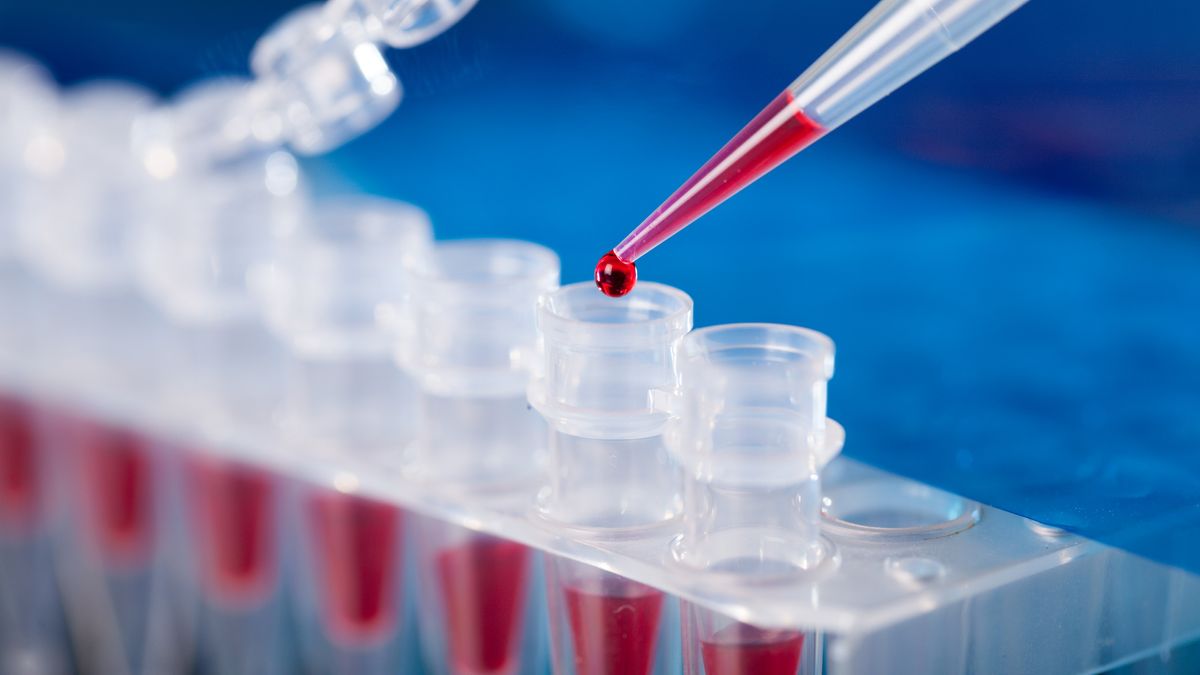Navigation
Install the app
How to install the app on iOS
Follow along with the video below to see how to install our site as a web app on your home screen.

Note: This feature currently requires accessing the site using the built-in Safari browser.
More options
You are using an out of date browser. It may not display this or other websites correctly.
You should upgrade or use an alternative browser.
You should upgrade or use an alternative browser.
How does testing for the coronavirus work?
- Thread starter Bleipriester
- Start date
JustAnotherNut
Platinum Member
- Dec 31, 2015
- 10,644
- 6,077
- 1,095
I'm only about 9 or 10 days late here and the article/story in the link has since been wiped. Can you give a decent rundown on what it said???
I am curious and ask...….because a thought had come to me earlier and I asked on another thread, but the liklihood of getting an answer is slim at best.
My question is...….just how long does it take to create a reliable test for an unknown pathogen? Weeks? Months?
Cause you can't use an HIV test to determine what kind of cancer you may have...…..there has to be specific markers in a test that identify the specifics....if you get my drift
- Thread starter
- #3
Ok, the test itself takes about five hours. But it has to be done in a lab. So it would take two days at least.
I'm only about 9 or 10 days late here and the article/story in the link has since been wiped. Can you give a decent rundown on what it said???
I am curious and ask...….because a thought had come to me earlier and I asked on another thread, but the liklihood of getting an answer is slim at best.
My question is...….just how long does it take to create a reliable test for an unknown pathogen? Weeks? Months?
Cause you can't use an HIV test to determine what kind of cancer you may have...…..there has to be specific markers in a test that identify the specifics....if you get my drift
luchitociencia
VIP Member
- Nov 10, 2019
- 1,390
- 280
- 80

How do the new coronavirus tests work?
Researchers are diagnosing the new coronavirus, known as COVID-19, with these types of tests.
The tests can also fail when you learn the following from the article from above.
A serological test is advantageous because it can detect antibodies even if a patient has recovered, whereas a PCR test can detect the virus only if the person is currently sick. However, both tests might miss cases if samples are taken too early, when the viral load is too low or if the person's body hasn't produced antibodies against the virus yet, Adalja said.
For the serologic test, it can take about a week before the body produces ample antibodies, although "as we get more serologic tests, there will be guidance on what timeframes are needed to do a serologic test on [COVID-19]," Adalja said.
It is important to know that a virus is a parasite and will stay living in the host after the reaction of the body (immune system trying to destroy it and causing symptoms like fever, coughing, diarrhea, etc)) and is finally accepted it and the virus becomes part of the host.
When the virus passes to the status of "dormant", then the immune system disconnects the alarm and results will be negative.
This is the tricky part. An individual might have been affected by a virus. The individual didn't show symptoms. After weeks or months the individual has a test and the result is negative.
Who knows how many people have been infected already and future tests will show negative as if they never were infected, unless more sophisticated blood tests are performed to find out.
Similar threads
- Replies
- 52
- Views
- 620
- Replies
- 38
- Views
- 538
Latest Discussions
- Replies
- 17
- Views
- 143
- Replies
- 635
- Views
- 6K
- Replies
- 18
- Views
- 56
Forum List
-
-
-
-
-
Political Satire 8040
-
-
-
-
-
-
-
-
-
-
-
-
-
-
-
-
-
-
-
ObamaCare 781
-
-
-
-
-
-
-
-
-
-
-
Member Usernotes 469
-
-
-
-
-
-
-
-
-
-
